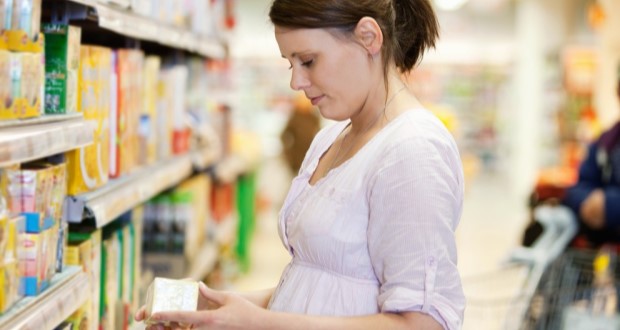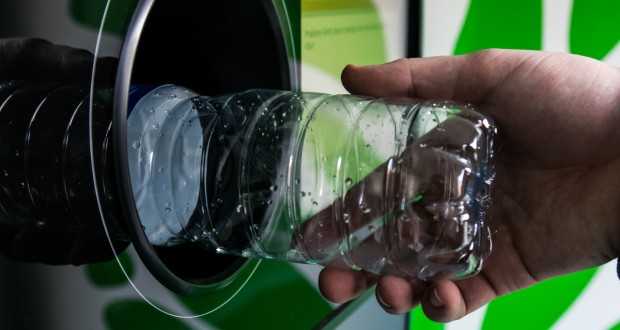Non-Food inflation fell to 1.3% in January, down from 3.1% in December. Food inflation decelerated to 6.1% in January, down from 6.7% in December. This is the ninth consecutive deceleration in the food category. Inflation is its lowest since June 2022.
Fresh food inflation slowed further in January, to 4.9%, down from 5.4% in December while ambient food inflation decelerated to 7.7% in January, down from 8.4% in December. This is below the 3-month average rate of 8.5% and is the lowest since July 2022.
Helen Dickinson, chief executive of the British Retail Consortium, said: “Some New Year cheer as January shop price inflation slid to its lowest level since May 2022.
“Non-food goods drove the fall, as many retailers offered heavily discounted goods in their January sales to entice consumer spend amidst weak demand.
“Good news for the morning brew as the price of tea and milk fell, while evening tipples remained more expensive on the back of increased alcohol duties.
“Retailers have spent the last eight months working to bring down inflation, but progress will likely be hampered by new cost pressures coming direct from government – including implementing the increase in the National Living Wage on top of an above inflation rise in business rates this April, a potential new grocer ‘surtax’ in Scotland, and ill-conceived recycling proposals.
“Rising geopolitical tensions will also add to uncertainty and costs in supply chains. With a General Election later this year, we want to see political parties outline how they will help unlock investment across the country rather than the current trajectory which is doing just the opposite.”
Mike Watkins, head of retailer and business insight, NielsenIQ, said: “Shoppers are seeing savings at the checkout with non-food retailers on promotion and food retailers continuing to reduce prices when the costs of goods fall.
“However, consumer demand remains fragile as most households are yet to feel better off after nearly 2 years of inflation.”
Martin Lockwood, senior director, alliances EMEA at software solutions company Manhattan Associates, commented: “After the prolonged, negative impact inflation has had on the economy over the last 24 months, it’s encouraging to see some good news for British consumers and retailers.
“Over the last couple of years supermarkets and retailers have had to reassess their traditional supply and demand processes. Whereas some supermarkets focused their attention on loyalty schemes, others took a more strategic approach to supply chain optimisation which is now benefiting retailers and consumers in the longer-term.
“Retailers are bound to face cost pressures – many of them are out of their control – and whilst today’s news is important, we must temper expectations with the realisation that inflation does still need to be monitored closely.
“With growth estimates for the economy negligible for 2024 and inflation still twice the BoE target, retailers are not out of the woods yet and must still be prepared to face large-scale supply chain challenges. Overall, the more unified a business’ processes and supply chain is, the more efficiently they can operate and the lesser the impact on the consumer wallet.
“It’s this long-term strategic approach to keeping prices under control in general that will result in the type of long-term brand allegiance, loyalty cards simply can’t buy.”
 Talking Retail Grocery and product news for independent retailers
Talking Retail Grocery and product news for independent retailers






